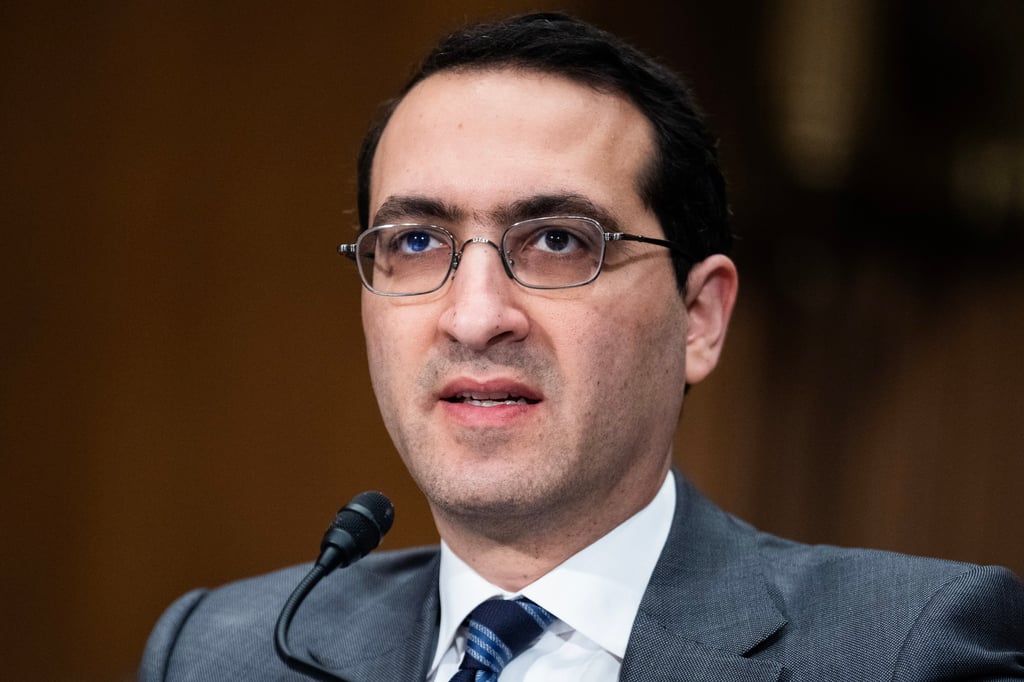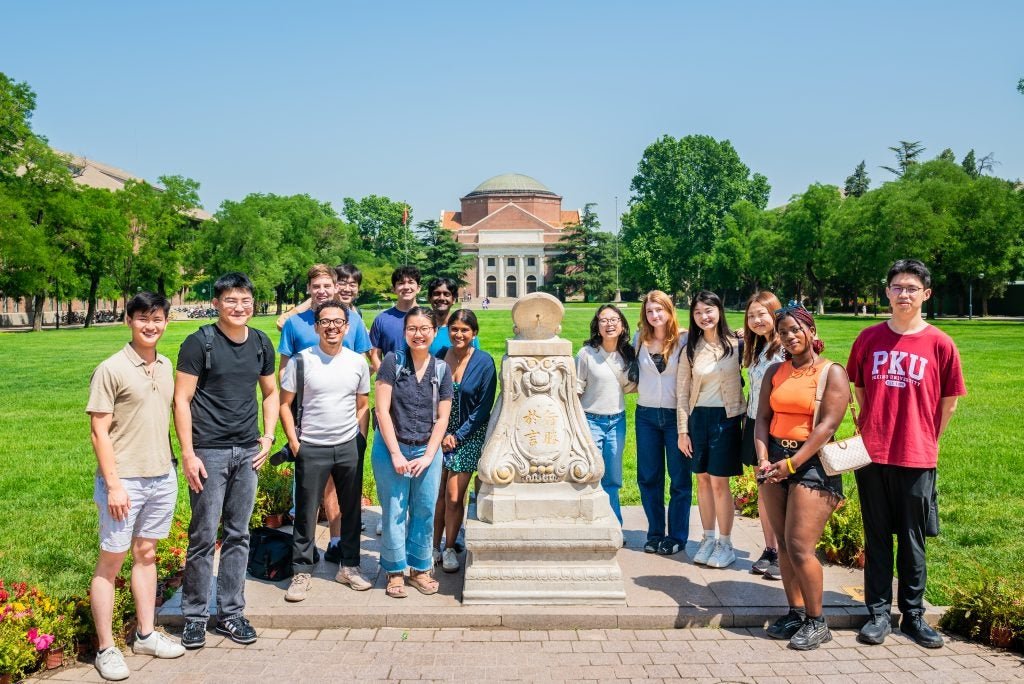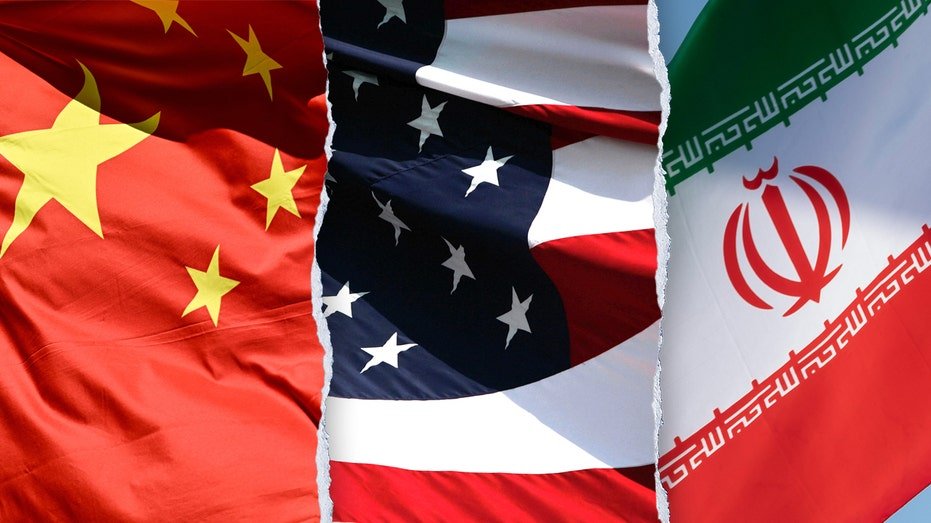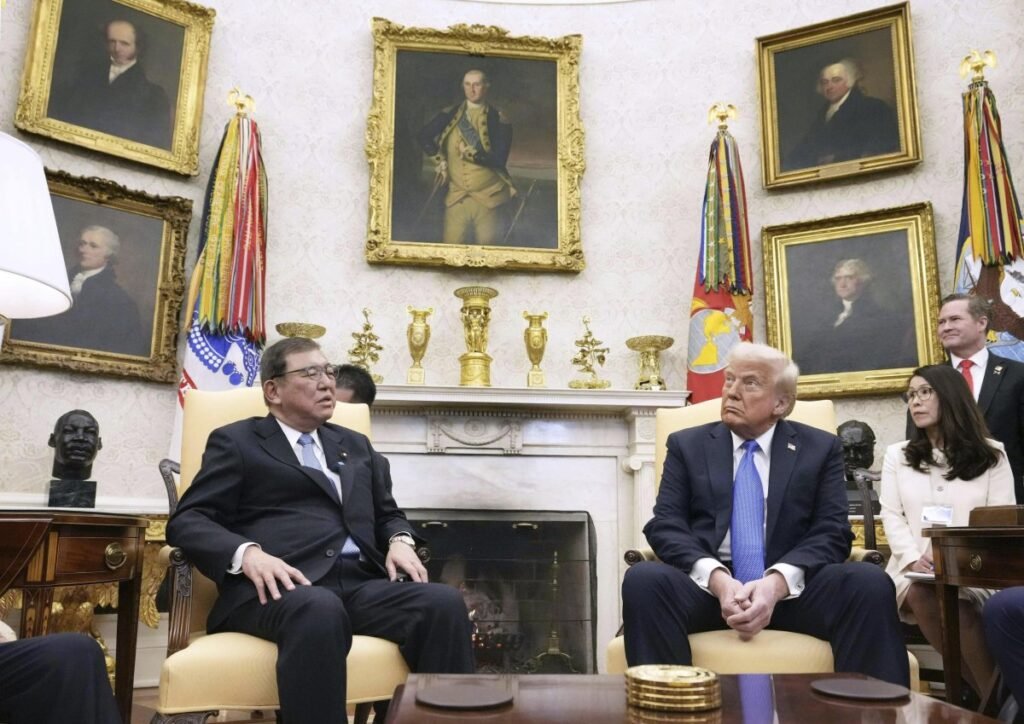Huawei Technologies is expected to ship no more than 200,000 of its advanced artificial intelligence (AI) semiconductors this year, according to a senior Trump administration official overseeing US export controls, who estimated that “most or all of” those chips would be supplied to enterprises within China.
That figure would pale in comparison to the more than 1 million China-specific H20 graphics processing units (GPUs) produced by Nvidia in the last nine months of 2024, according to a January report from US research firm SemiAnalysis. Washington in April added the H20 to tightened tech export restrictions on China.
At a House Foreign Affairs subcommittee hearing on Thursday, Under Secretary of Commerce for Industry and Security Jeffrey Kessler told lawmakers that the US government should not “take too much comfort from” Huawei’s estimated 2025 Ascend chip production capacity being “at or below 200,000” units. He did not elaborate on the source of that assessment.
“China is investing huge amounts to increase its AI chip production, as well as the capabilities of the chips it produces,” Kessler said. “So it’s critical for us not to have a false sense of security to understand that China is catching up quickly.”
At the congressional hearing, Kessler called for increased funding for US export control measures under the Bureau of Industry and Security.
This marked the first time a US government official publicly provided an estimate of Huawei’s AI chip output, as the US-sanctioned Chinese firm closely guards details of its Ascend semiconductor technology, development and production.

Visited 1 times, 1 visit(s) today







